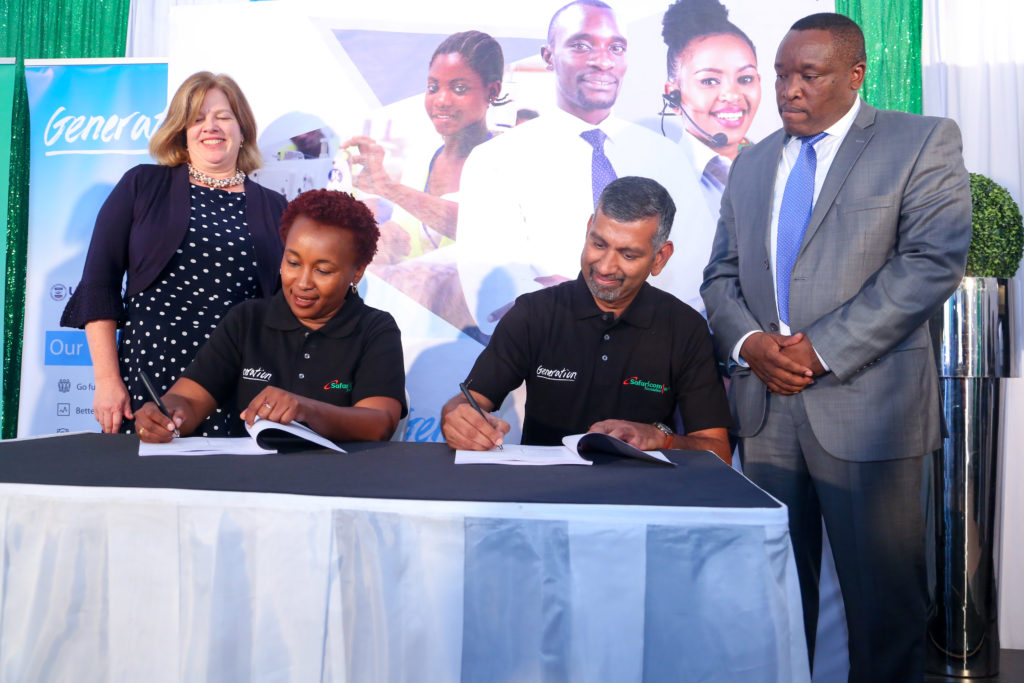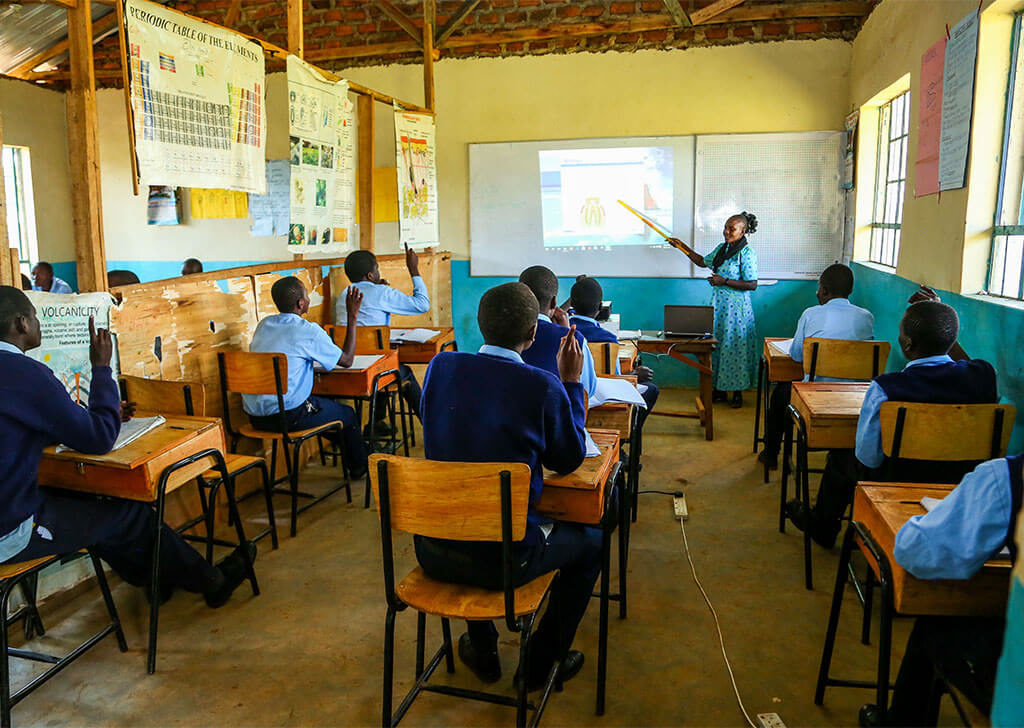How The Safaricom Foundation is Championing Quality Healthcare Through Local Partnerships
Good health is the most important thing for any human being. Poor health affects quality of life and is a nightmare for everyone involved. Every Kenyan understands the pain and stress of tending to a loved one, especially in a strained healthcare system like the one we have. If you do not have private healthcare, which only about 4% of Kenyans do, you are in for a hard time. Unfortunately, even those with private healthcare still find themselves needing help as limits are surpassed during treatment.
I am a big proponent of universal healthcare and hope that one day all Kenyans will enjoy the best healthcare at no or minimal cost. That being said, accessibility as well as affordability of quality healthcare is a priority for all countries. Universal healthcare is a hot button issue around the world, as governments attempt to figure out how to make sure citizens can access healthcare and Kenya is no exception to this reality.
Kenya has made progress in healthcare over the last decade, with affordability of healthcare through NHIF becoming easier as well as through initiatives like free maternal healthcare. More hospitals have also been built around the country and equipped through government as well as private sector funding. A lot more work still needs to be done to make sure that everyone can receive quality healthcare especially as non-communicable diseases become a bigger concern. Non-communicable diseases are the cause of over 55% of deaths in Kenya, with diabetes, cancer and hypertension accounting for majority of the deaths.
The 3rd goal in the SDGs (Sustainable Development Goals) is Health and covers maternal mortality, child mortality, fighting communicable diseases, reducing mortality from non-communicable diseases and promoting mental health among others. To achieve these goals will require involvement from the government as well as the private sector.
Safaricom, through the Safaricom Foundation, launched a strategy on health that will focus on maternal health care and tackle non-communicable diseases. Under maternal healthcare, dealing with the high rate of maternal mortality will be a priority. The foundation will work on investing in existing and proven innovations in maternal bottlenecks for the availability, accessibility, affordability and acceptability of quality maternal healthcare, especially in the most affected counties such as Wajir, Mandera, Turkana, Marsabit and Isiolo.
The foundation will also focus on addressing the prevention and treatment gaps in dealing with these non-communicable diseases through awareness creation, encouraging people to go for screening and testing and sharing knowledge on how best to manage these diseases. To this end, Safaricom Foundation is supporting several programmes and projects including:
M-TIBA: Safaricom Foundation has partnered with Carepay and PharmAccess to provide users with the platform to send, spend and save funds specifically meant for medical treatment. The funds stored there give the user access to licensed healthcare facilities in their area of residence. One can also save on behalf of friends and family members allowing them quick access to medical care in the event of sickness. Employers can also save on behalf of their employees.
All M-TIBA users receive a free Personal Accident cover of up to Ksh 8,000. So far, the application has over 1.5 million users with 283, 655 recorded visits. Users can be registered on M-TIBA through an M-TIBA agent, Tor self-register by dialling *253# on their mobile phones. The customer care centre can be reached by calling toll-free on 0800 721253.
Uzazi Salama: .MPESA Foundation has partnered with PharmAccess to improve maternal and new-born health indicators for the people of Samburu. Together with the County Government of Samburu, they focus on four key areas: quality education, medical on-demand financing, quality improvement and health workers training. Apart from improving maternal health services, they work to set up financing options for mothers who may not have access or cannot afford medical care, through provision of vouchers for expectant mothers to access ambulances when they go into delivery.
Christian Blind Mission works to improve the quality of life of people with disabilities. They work with different organizations to ensure that all persons with disabilities have access to medical services, quality education and livelihood opportunities. Safaricom Foundation partnered up with them to provide funding for medical procedures for persons living with disabilities.
Freedom from Fistula Foundation of Kenya offers free surgeries to women suffering from obstetric fistula. They also seek to create awareness about the condition and mobilize women suffering from the condition to come forward and receive medical assistance. Part of the funding also goes towards training medical personnel on fistula management in order to enhance their capacity.
http://www.mwendengao.com/2018/11/14/how-the-safaricom-foundation-is-championing-quality-healthcare-through-local-partnerships/HealthChristian Blind Mission,Freedom from Fistula,healthcare in Kenya,M-TIBA,Safaricom Foundation,SDGs,Uzazi Salama




Leave a Reply